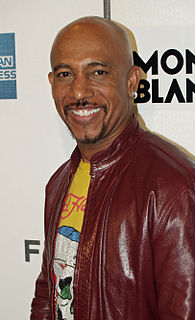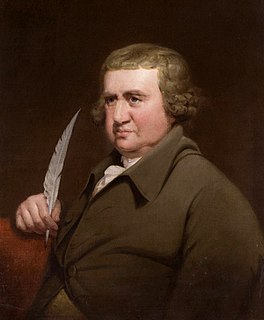A Quote by Lewis Mumford
The last step in parental love involves the release of the beloved; the willing cutting of the cord that would otherwise keep the child in a state of emotional dependence.
Related Quotes
Another thing very injurious to the child is the tying and cutting of the navel string too soon, which should always be left till the child has not only repeatedly breathed but till all pulsation in the cord ceases. As otherwise the child is much weaker than it ought to be, a part of the blood being left in the placenta which ought to have been in the child and at the same time the placenta does not so naturally collapse, and withdraw itself from the sides of the uterus, and is not therefore removed with so much safety and certainty.
When you have reached the point where you no longer expect a response, you will at last be able to give in such a way that the other is able to receive, and be grateful. When Love has matured and, through a dissolution of the self into light, become a radiance, then shall the Lover be liberated from dependence upon the Beloved, and the Beloved also be made perfect by being liberated from the Lover.
Please don't kill the child. I want the child. Please give me the child. I am willing to accept any child who would be aborted, and to give that child to a married couple who will love the child, and be loved by the child. From our children's home in Calcutta alone, we have saved over 3,000 children from abortions. These children have brought such love and joy to their adopting parents, and have grown up so full of love and joy!
Short of preventing harm to the child, the standard of 'best interest of the child' is insufficient to serve as a compelling state interest overruling a parent's fundamental rights.... To suggest otherwise would be the logical equivalent to asserting that the state has the authority to break up stable families and redistribute its infant population to provide each child with the 'best family.' It is not within the province of the state to make significant decisions concerning the custody of children merely because it could make a 'better' decision.
A two-year-old can be taught to curb his aggressions completely if the parents employ strong enough methods, but the achievement of such control at an early age may be bought at a price which few parents today would be willing to pay. The slow education for control demands much more parental time and patience at the beginning, but the child who learns control in this way will be the child who acquires healthy self-discipline later.
When a chap is in love, he will go out in all kinds of weather to keep an appointment with his beloved. Love can be demanding, in fact more demanding than law. It has its own imperatives - think of a mother sitting by the bedside of a sick child through the night, impelled only by love. Nothing is too much trouble for love.
There's always going to be the cooler-clubbers who are going to harvest a lot of fish, but I think the hard-core bass fishermen release just about everything they catch these days. Years ago, I think people were willing to release smaller fish, but now I think they're willing to release them all, and that's the important part.
Emotional dependence is the opposite of emotional strength. It means needing to have others to survive, wanting others to "do it for us," and depending on others to give us our self-image, make our decisions, and take care of us financially. When we are emotionally dependent, we look to others for our happiness, our concept of "self," and our emotional well-being. Such vulnerability necessitates a search for and dependence on outer support for a sense of our own worth.





































